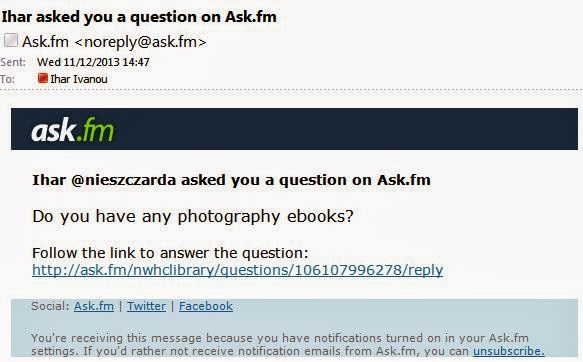It is the season for user surveys in college libraries and learning resources centres. It must be exciting – learning something new about our students and ourselves.
In my library, we are already done! – I spent the recent half term week analysing the survey results and now contacting tutors and students to clarify their concerns, invite for collaboration and answer their complaints; also, preparing to update the team and making a task list to address all the above. – Everything is treated as an opportunity for developing the service. You can see the results on our blog; they aren’t great (judging by the CoLRiC PII questions the survey includes) – we had better years.
Experientially, we have worked out the way of conducting an annual survey that works best for us; we have learnt also to ask only the questions we really can utilise – nothing out of sheer curiosity.
The survey is done online and on paper – to capture the users of different preferences. This year we moved to Google Docs – it gives enough flexibility and plenty of independence. The online form can be seen at http://goo.gl/DiJBEA. The output can be saved as an Excel spreadsheet; some basic data filtering and chart creation skills (any Microsoft Office Excel book has it) will help to build attractive visual representations of the users’ replies.
We are using Heritage LMS; it allows sending email notifications to the selected groups of users; in this case, an invitation to fill the online survey was sent to anyone who made at least one loan this year – we call them active users. There is no much point in asking about use of the library those who have not used it at all; however posting the link to the college’s Moodle home page allows us to capture non-users’ views of what will make the library more attractive to them. Also, college staff could access the survey from the extranet. About 70% of all submissions were made on paper; a couple of my colleagues transferred those replies into Google Docs using the same online form our users did – it is easier than inputting data into the spreadsheet directly.
One of the tricks for analysing the survey is asking yourself meaningful questions – there is no much point in comparing how many members of staff filled the questionnaire and how many – students. What percentage of students is aware of ebooks after a library induction in comparison to those who didn’t have that induction makes more sense.
(Written for the CoLRiC Newsletter)
In my library, we are already done! – I spent the recent half term week analysing the survey results and now contacting tutors and students to clarify their concerns, invite for collaboration and answer their complaints; also, preparing to update the team and making a task list to address all the above. – Everything is treated as an opportunity for developing the service. You can see the results on our blog; they aren’t great (judging by the CoLRiC PII questions the survey includes) – we had better years.
Experientially, we have worked out the way of conducting an annual survey that works best for us; we have learnt also to ask only the questions we really can utilise – nothing out of sheer curiosity.
The survey is done online and on paper – to capture the users of different preferences. This year we moved to Google Docs – it gives enough flexibility and plenty of independence. The online form can be seen at http://goo.gl/DiJBEA. The output can be saved as an Excel spreadsheet; some basic data filtering and chart creation skills (any Microsoft Office Excel book has it) will help to build attractive visual representations of the users’ replies.
We are using Heritage LMS; it allows sending email notifications to the selected groups of users; in this case, an invitation to fill the online survey was sent to anyone who made at least one loan this year – we call them active users. There is no much point in asking about use of the library those who have not used it at all; however posting the link to the college’s Moodle home page allows us to capture non-users’ views of what will make the library more attractive to them. Also, college staff could access the survey from the extranet. About 70% of all submissions were made on paper; a couple of my colleagues transferred those replies into Google Docs using the same online form our users did – it is easier than inputting data into the spreadsheet directly.
One of the tricks for analysing the survey is asking yourself meaningful questions – there is no much point in comparing how many members of staff filled the questionnaire and how many – students. What percentage of students is aware of ebooks after a library induction in comparison to those who didn’t have that induction makes more sense.
(Written for the CoLRiC Newsletter)




